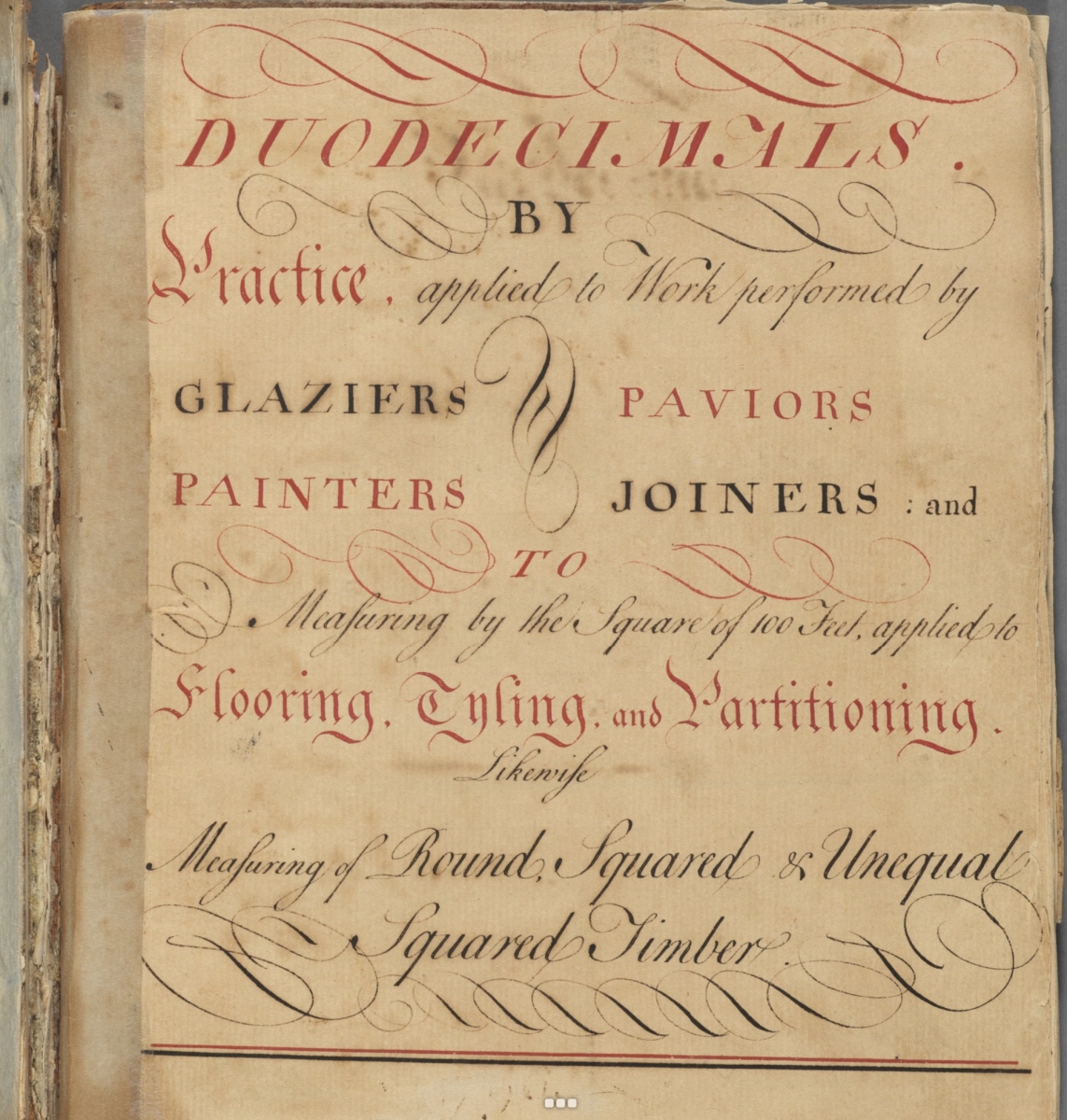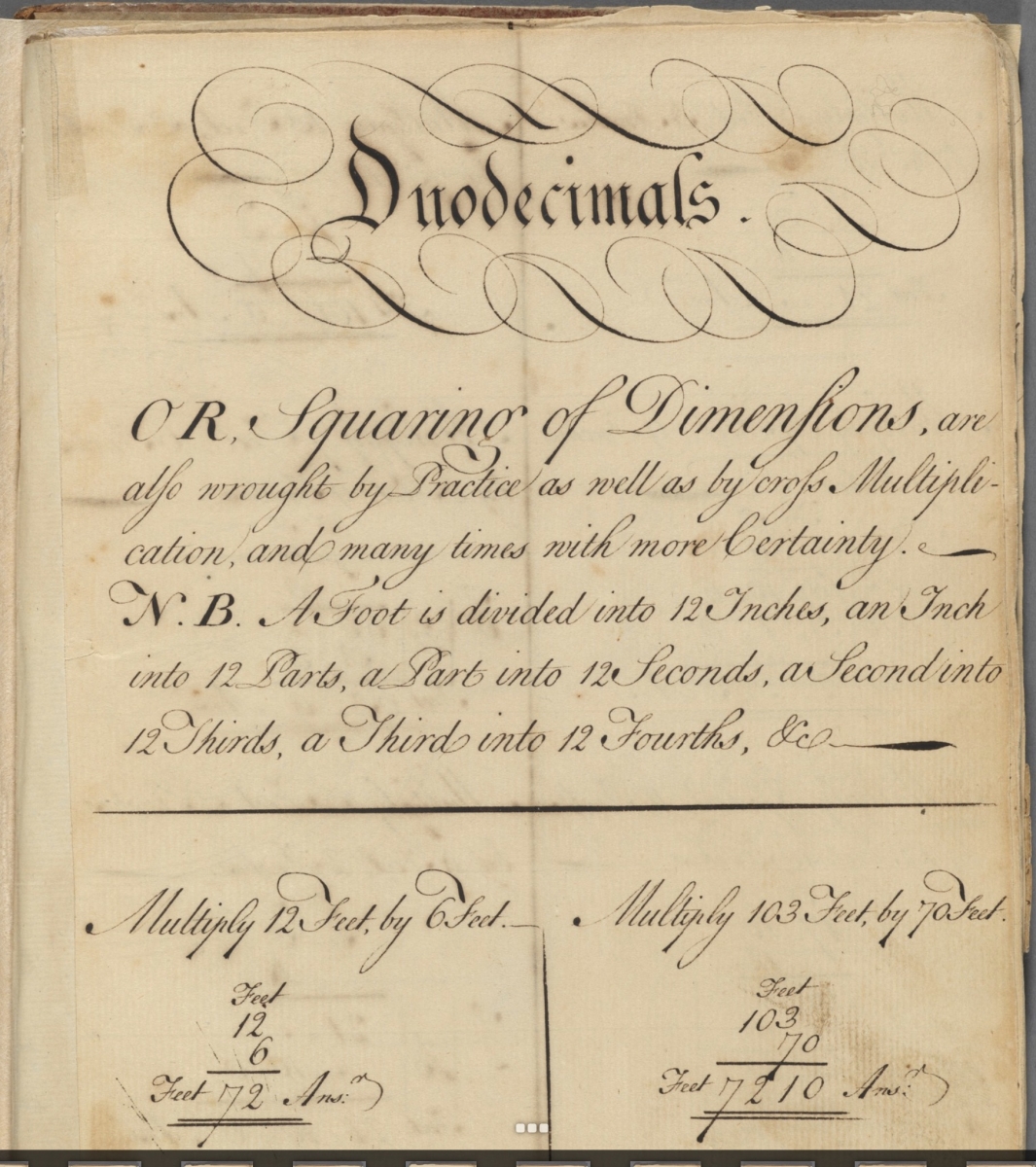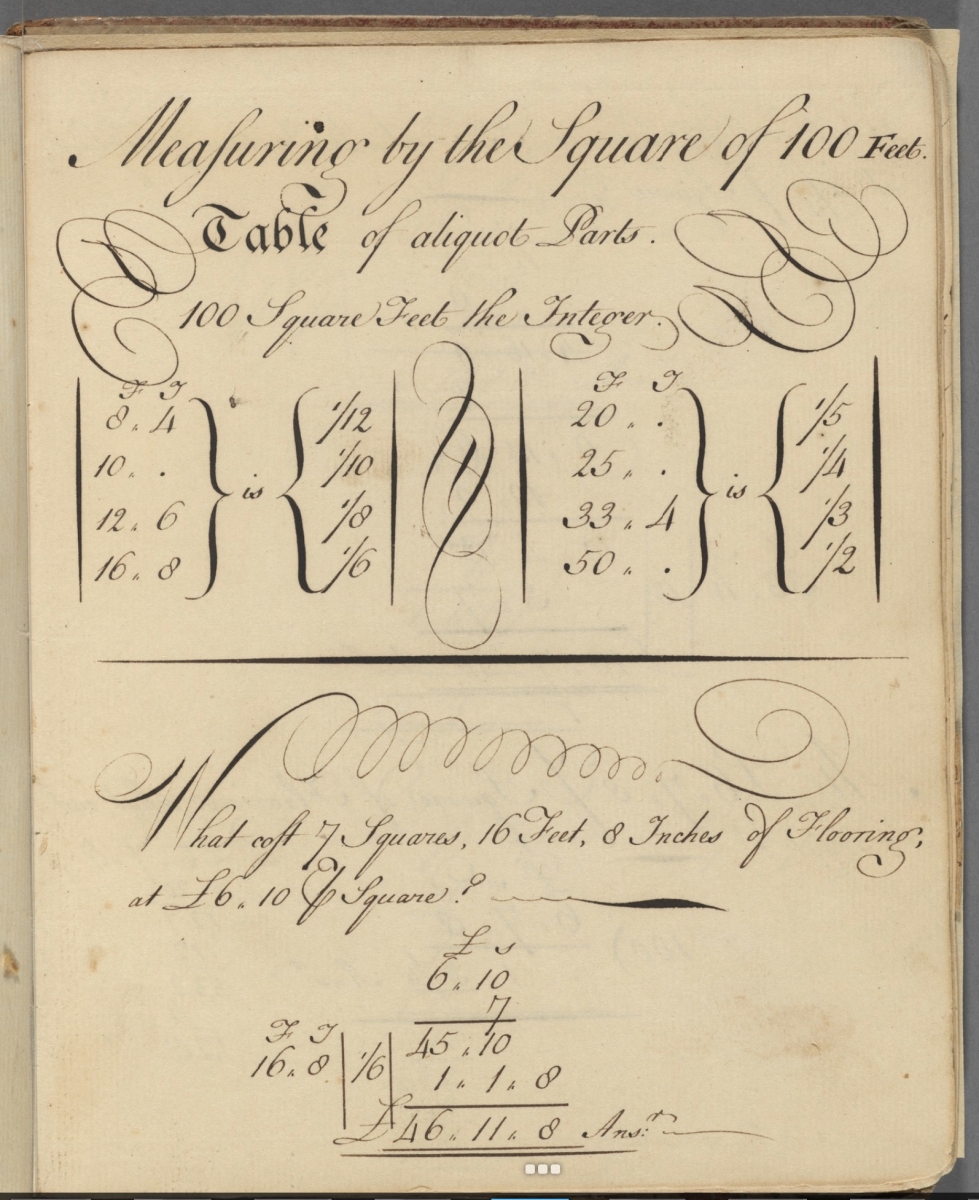- About MAA
- Membership
- MAA Publications
- Periodicals
- Blogs
- MAA Book Series
- MAA Press (an imprint of the AMS)
- MAA Notes
- MAA Reviews
- Mathematical Communication
- Information for Libraries
- Author Resources
- Advertise with MAA
- Meetings
- Competitions
- Programs
- Communities
- MAA Sections
- SIGMAA
- MAA Connect
- Students
- MAA Awards
- Awards Booklets
- Writing Awards
- Teaching Awards
- Service Awards
- Research Awards
- Lecture Awards
- Putnam Competition Individual and Team Winners
- D. E. Shaw Group AMC 8 Awards & Certificates
- Maryam Mirzakhani AMC 10 A Awards & Certificates
- Two Sigma AMC 10 B Awards & Certificates
- Jane Street AMC 12 A Awards & Certificates
- Akamai AMC 12 B Awards & Certificates
- High School Teachers
- News
You are here
Mathematical Treasure: Thaddeus Mason Harris’s Cyphering Book
Thaddeus Mason Harris (1768–1842) was a native of Massachusetts. He received an AB from Harvard College in 1787 and was invited to become private secretary to General George Washington. Harris was prevented from accepting the position due to an attack of smallpox. He later became a librarian at Harvard University.
Duodecimals is a manuscript notebook he compiled. The title of this work may seem confusing to a modern reader, but Harris used the term in reference to the computation and applications of square measure. (Note, for instance, that one foot has 12 inches, so an ability to compute in base-12 was essential in measurement.) The hardcover notebook contains handwritten transcriptions of rules, cases, and examples from 18th-century mathematical texts. Most of the entries include questions and related answers, suggesting the notebook was used as a manuscript textbook and workbook. As was typical for the time, Harris apparently copied from existing printed books, in this case from John Dean’s Practical Arithmetic (1756, 1761), Daniel Fenning’s The young algebraist's companion (1750), and Martin Clare’s Youth's introduction to trade and business (editions after 1748).



Harvard University Library has digitized the entire volume and made it publicly available.
Index of Mathematical Treasures
Frank J. Swetz (The Pennsylvania State University), "Mathematical Treasure: Thaddeus Mason Harris’s Cyphering Book," Convergence (August 2021)




